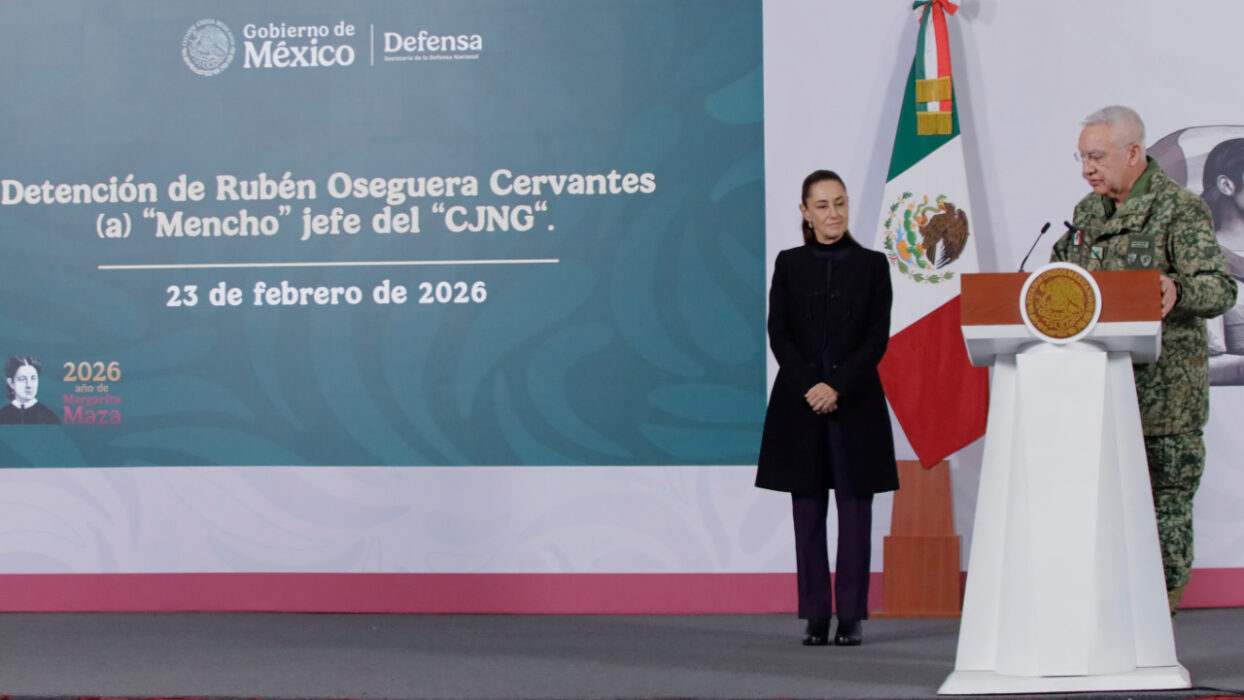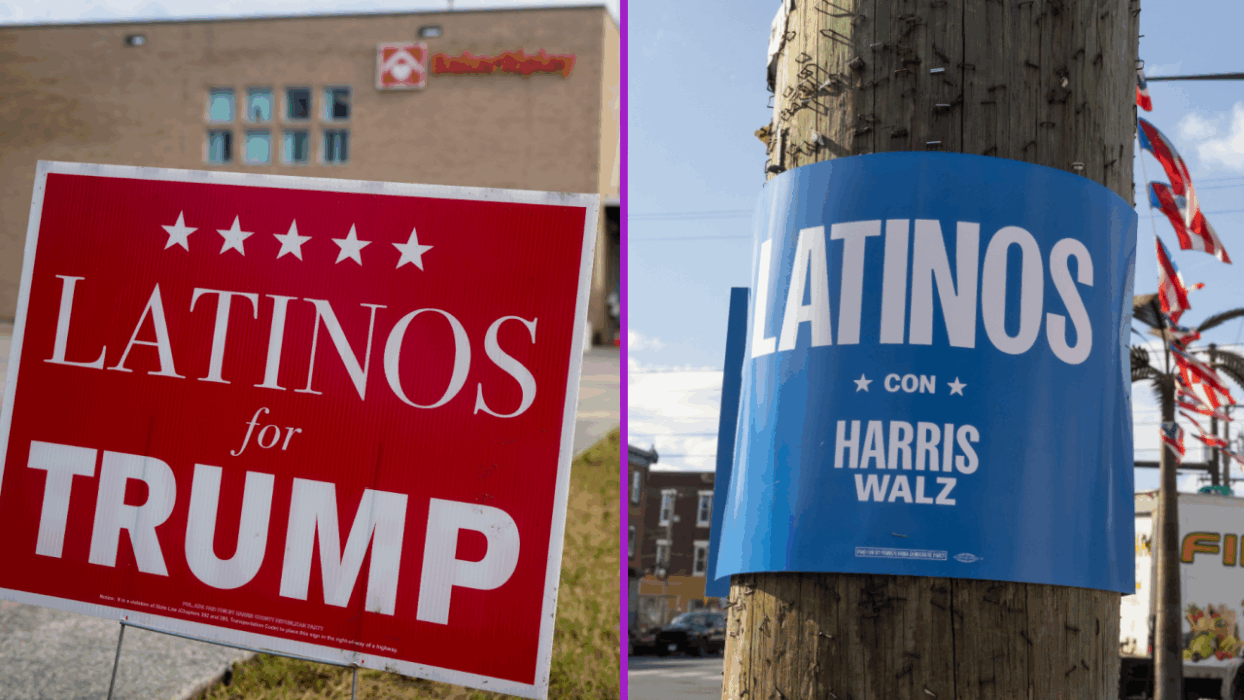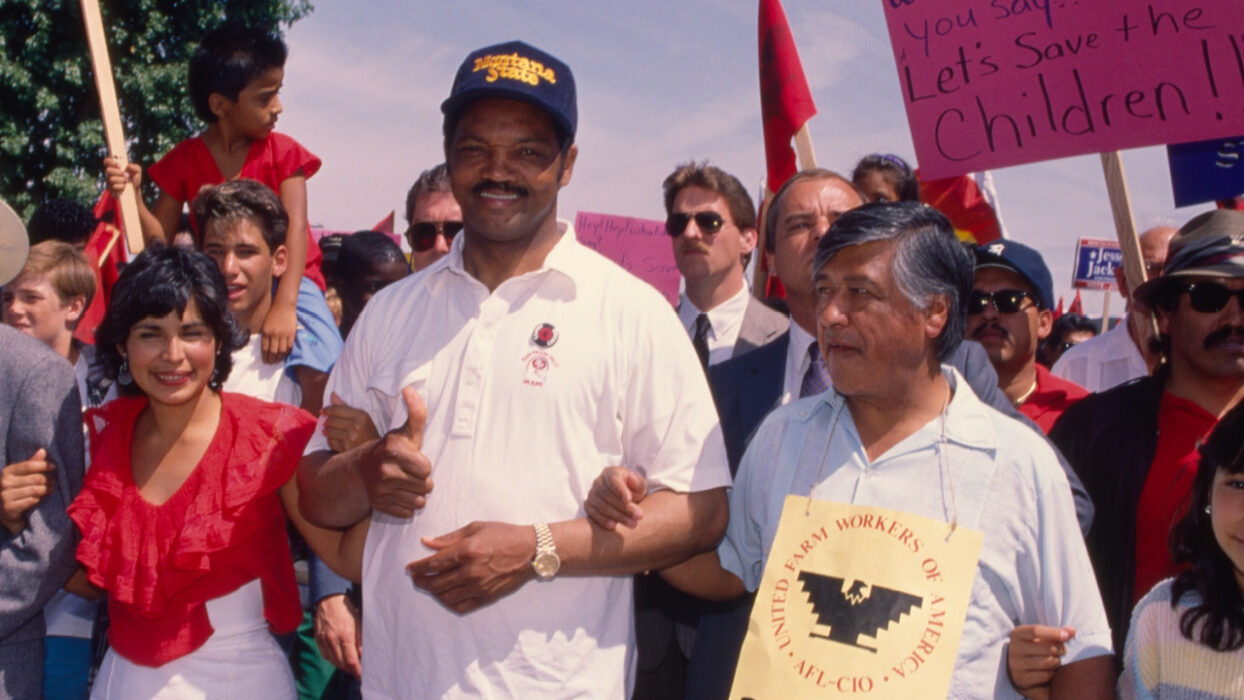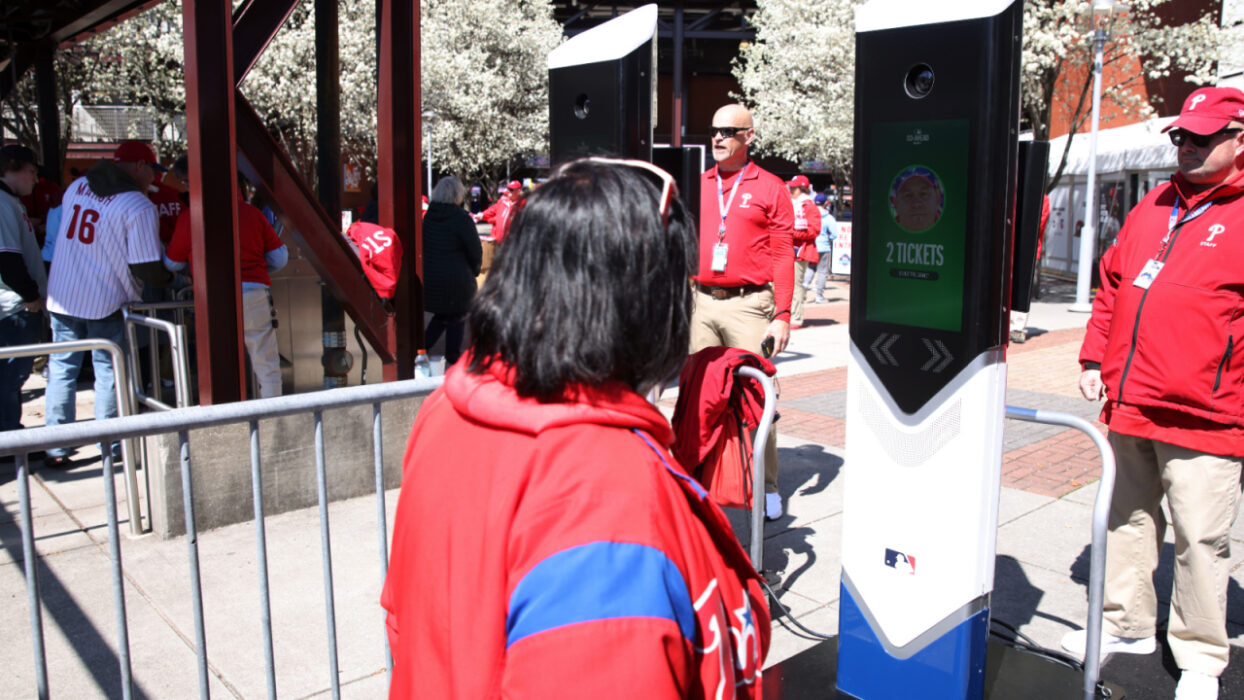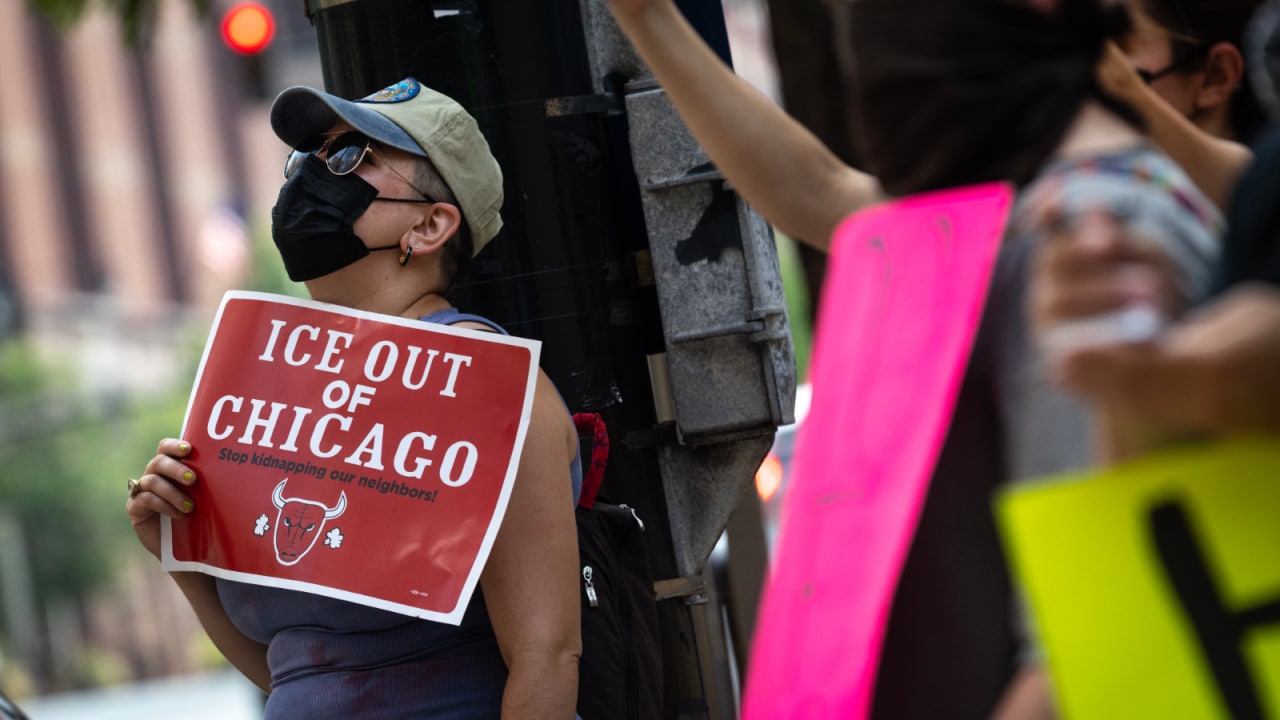
ICYMI: A DACA Recipient Got Detained, Neighborhood Checks Are Back, and More Immigration News You Need to Know
Some weeks, there is more news than you can keep up with in a week. This week, there were a few immigration stories that might have flown under your radar so we collected them to keep you informed going into the weekend. The Trump administration’s Department of Homeland Security (DHS) has rolled back longstanding rules, made legally alarming detentions, and made threats of future militarized presence in major cities. Here is a quick breakdown of the stories that you might have missed this week.
Neighborhood checks are coming back
According to a memo obtained by CBS News, the Trump administration is reinstating neighborhood checks. The federal government has not used neighborhood checks as part of the citizenship application for more than 30 years. The last year that the United States used neighborhood checks was 1991, when George H.W. Bush’s administration instituted a blanket waiver on the practice.
Neighborhood checks mean that immigration agents can contact neighbors, coworkers, and employers of applicants. Generally, these checks are used to determine if an applicant is of good moral character and an eligible applicant. According to the memo, applicants are being encouraged to start submitting testimonial letters as a way to avoid neighborhood checks.
Immigration officials argue that the reversal allows them to guarantee that the most qualified applicants are becoming citizens. Immigration activists fear that the move will continue to grow a climate of fear in immigrant communities.
Deferred Action for Childhood Arrivals (DACA) beneficiary detained
Catalina “Xochitl” Santiago, a DACA beneficiary, was pulled out of line in the El Paso airport by border patrol agents. She was quickly sent to a detention center, according to The Guardian. Her arrest is alarming legal experts and immigration activists since Santiago’s DACA status is supposed to shield her from detention. The program, which was created by the Obama administration, is for people who fit a certain criteria, including no criminal record.
There are more than 500,000 people living in the U.S. on DACA. The program gives them the legal ability to live and work in the U.S. without fear of deportation. Recently, “RuPaul’s Drag Race” contestant Xunami Muse, who is a DACA beneficiary, moved to Panama, citing complications in the U.S.
Attorneys with no immigration experience can be immigration judges
The new rule from the Trump administration removes what it calls “categorical regulatory prohibitions.” This means that Attorney General Pam Bondi will be able to appoint temporary immigration judges, according to NBC News. Immigration judges work within the executive branch and are typically long-term government lawyers. Relaxing the requirements means that the attorney general can appoint attorneys with zero immigration law experience.
“It’s part of the same pattern we’ve seen everywhere else,” Elizabeth Taufa, senior policy attorney and strategist at the Immigrant Legal Resource Center, told NBC News. “They are trying to remake the federal workforce in ways that, you know, they won’t receive any resistance to what the White House wants to do.”
President Trump plans to send hundreds of immigration agents to Chicago
President Trump, on a mission to widen his mass deportation operation, announced that he was going to be sending agents to Chicago. He told reporters that he was sending hundreds of DHS agents to the Windy City, like he has in Los Angeles, New York, and Boston. Illinois Gov. JB Pritzker held a press conference telling the president that Chicago neither wants nor needs the intervention from the federal government.
The immigration agents will be using Naval Station Great Lakes just outside the city for staging, according to the New York Post. The announcement came as the federal government said they are doubling down on immigration raids in major Democratic cities. The Trump administration has unabashedly focused almost exclusively in sending immigration agents and active military to Democratic states and cities in a show of force.

